Kenyan Travellers to Pay Over Ksh56,000 for US Visas Starting October 2025
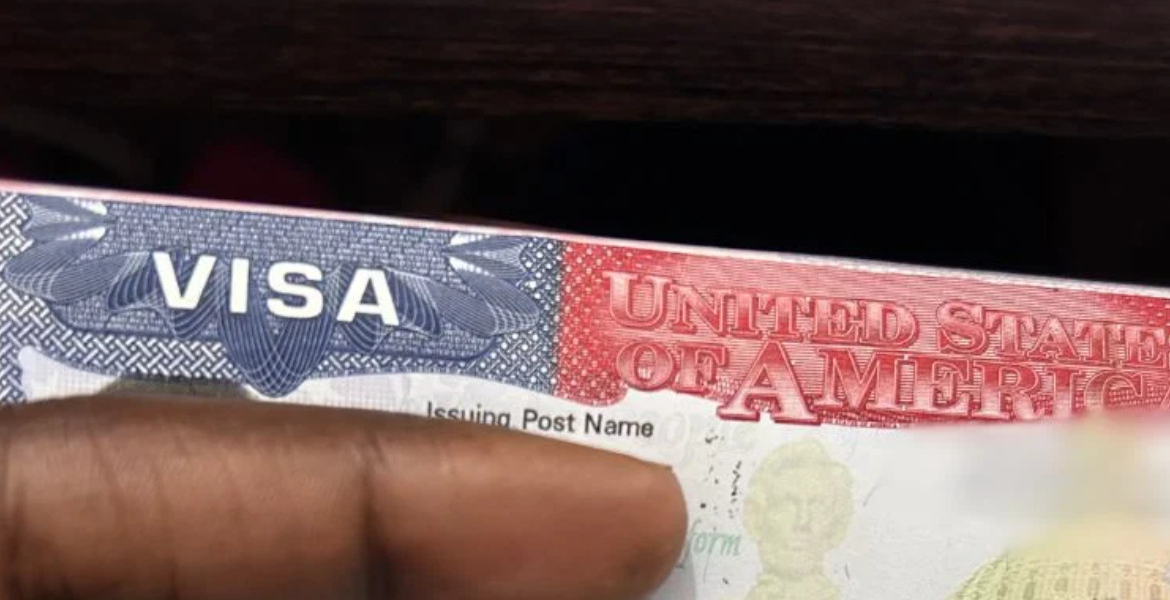
Kenyan citizens planning travel to the United States will face substantially higher visa costs starting 1 October 2025, as a new US immigration law introduces a mandatory "Visa Integrity Fee" of $250 (approximately Ksh32,500) across nearly all non-immigrant visa categories.
The legislation, known as the One Big Beautiful Bill Act, was signed into law on 4 July 2025, by former President Donald Trump and is intended to bolster compliance and reduce visa misuse. Currently, a standard B-1/B-2 tourist or business visa for Kenyan applicants costs $185 (approximately Ksh24,000). With the addition of the Visa Integrity Fee, the total cost will rise to at least $435 (Ksh56,500), excluding other ancillary charges.
The increase will also affect employment-based visas such as the H-1B, and other non-immigrant visa categories like student (F-1), exchange visitor (J-1), and temporary work visas, all of which are frequently used by Kenyan nationals for academic, professional, and cultural exchange purposes. Furthermore, travellers must now pay an increased Form I-94 processing fee, rising from $6 to $24 (approximately Ksh3,120), which US Customs and Border Protection uses to track arrivals and departures.
The US government presents the Visa Integrity Fee as a refundable compliance bond, subject to adherence to visa conditions, such as departing the US within five days of visa expiry and avoiding unauthorised employment. However, immigration experts caution that the refund process is complex and may not benefit most applicants. The legislation does not detail the administrative procedures for claiming a refund or specify evidentiary requirements. Experts warn that even minor infractions, such as overstaying by a single day, could nullify eligibility.
The implementation of the fee raises concerns about global equity, as the US Visa Waiver Programme exempts citizens from select nations, including the United Kingdom, France, Germany, Japan, and South Korea, from both the visa application process and the integrity fee. These travellers use the Electronic System for Travel Authorization (ESTA), which has a lower fee. Kenya, like nearly all African nations, Latin America, and parts of Asia and the Middle East, remains excluded from the waiver programme. This exclusion places Kenyan travellers at a disadvantage compared to their counterparts from waiver-eligible countries.
Immigration advocates argue that the policy exacerbates existing inequities in global mobility. A Nairobi-based immigration consultant says, "This fee disproportionately affects applicants from developing nations, adding a financial barrier to legitimate travel and undermines the principle of equal access."
Legal analysts suggest the refund provision is more symbolic than practical. A US-based immigration attorney stated, "It's designed to incentivise compliance, but the hurdles to reclaiming the fee are so high that most applicants will never see that money again."
The Department of Homeland Security can adjust the fee annually based on inflation and administrative costs, potentially increasing the financial burden on applicants. US officials defend the measure as a tool to enhance immigration enforcement and deter visa overstays. According to data from the U.S. Congressional Research Service, between 1% and 2% of non-immigrant visitors overstayed their visas annually between 2016 and 2022. Approximately 42% of the 11 million undocumented immigrants in the U.S. initially entered legally but failed to depart as required.
Critics argue that the fee may deter legitimate travel and strain diplomatic relations. The US Travel Association has expressed concern that the surcharge could discourage tourism and international exchange, particularly from countries with lower per capita income. The implementation of the fee coincides with a period of heightened global mobility, with events such as the 2026 FIFA World Cup and the 250th anniversary of US independence expected to draw large crowds. Kenyan students, professionals, and tourists planning to attend these events must factor in the increased costs and compliance risks.
Educational institutions and employers in the US may also feel the ripple effects, as the fee could reduce the pool of international applicants. Universities that rely on foreign students for tuition revenue and cultural diversity may need to adjust their recruitment strategies or offer financial assistance to offset the new charges. Immigration experts advise Kenyan applicants to consult with legal professionals, maintain accurate travel records, and avoid any actions that could jeopardise their refund eligibility or future visa prospects.

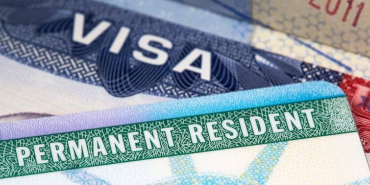
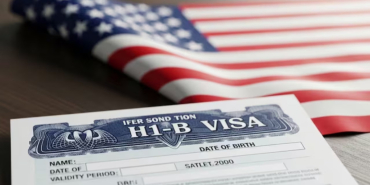
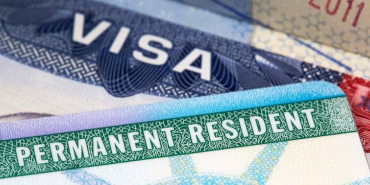


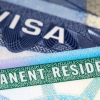

Add new comment